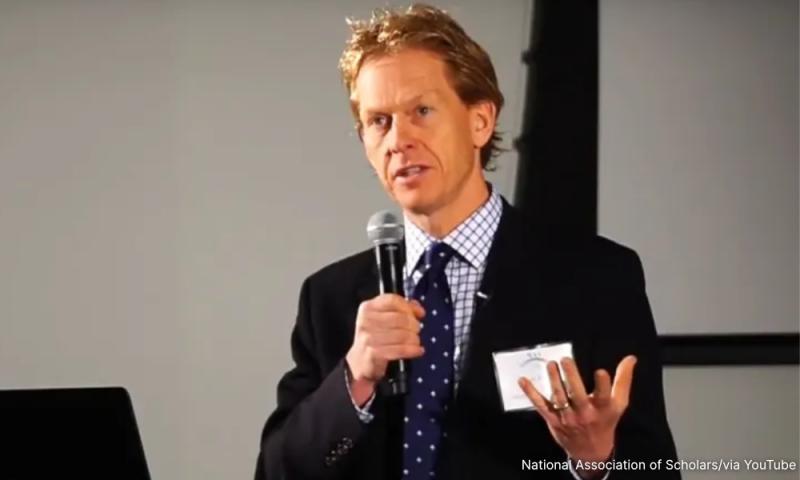LETTER | Gilley affair exemplifies higher education paralysis
LETTER | Recently, Universiti Malaya (UM) invited Professor Bruce Gilley to speak about strategic studies and international relations. Gerak believes it is UM’s right to invite whomever they deem as intellectually fit or qualified.
The subsequent controversy that ensued (the Gilley affair) was the result of how scholarly expertise in the first place, is perceived by our own university administrators, professors, and students. Mediocrity seems to be the rule of thumb in our universities.
The Gilley invitation by UM academics and administrators exposes their carelessness, their intellectual cluelessness, or possible Zionist sympathisers among them. Or they may be simply wide-eyed and enamoured by a Western scholar who they thought had something profound to “teach” post-colonial Malaysians.
What concerns Gerak is the perpetual presence of “captive minds”, which is one reason why Gilley could have been invited in the first place. Considering his previous scholarship and the fact that he is an advocate for recolonisation, this exposes his profound ignorance, lack of ethics, and mediocre analytical skills.
Be that as it may, Gerak upholds the value of intellectual consciousness, open discourses, and safe spaces for dialogue among contending intellectual positions.
There is an urgent need for Malaysians to see the value of discourse, peaceful student activism, “scholactivism”, and how universities must not be silenced. Gerak advocates for politicians and top university administrators who are influenced by elite politics to stop silencing students and professors.
Furthermore, the Gilley affair could have been a more “value-added” episode had our professors and students who attended, countered his erroneous and offending remarks.
His ideas should have been confronted by academics themselves, creating a constructive space of purposeful dialogue. This is what normally happens at most university seminars around the world.
Instead, Gerak is appalled that there was silence from the floor. The Gilley affair reveals how our academics in our universities continue to be intellectually passive. They were unable to put him in his place, which he deserved.
Gerak opines that this was a good opportunity for our scholars and students to share their ideas and interpretations to “teach” foreigners like Gilley about ethics, and to be mindful of their slipshod scholarship.
Instead, we demonstrated how meek we are as scholars, our tendency to worship Euro-American “experts”, and our inability to stand up to any scholar who utters nonsense.
Gerak has consistently advocated for open discourse in our universities, no matter how controversial the subject matter may be. Instead, politicians always step in, demanding to de-platform controversial scholars, to “emasculate” critical thinking, and to “punish” our universities.
Gerak’s position is that this is absolutely not right. It reinforces political interference in higher education, perpetuates mediocrity, and encourages the “professor kangkung” syndrome in the academy.
The Gilley affair has showcased our culture of “intellectual laziness”, a lack of confidence among our academics, and widespread apathy in our universities.
This must stop.
The views expressed here are those of the author/contributor and do not necessarily represent the views of Malaysiakini.
RM12.50 / month
- Unlimited access to award-winning journalism
- Comment and share your opinions on all our articles
- Gift interesting stories to your friends
- Tax deductable
